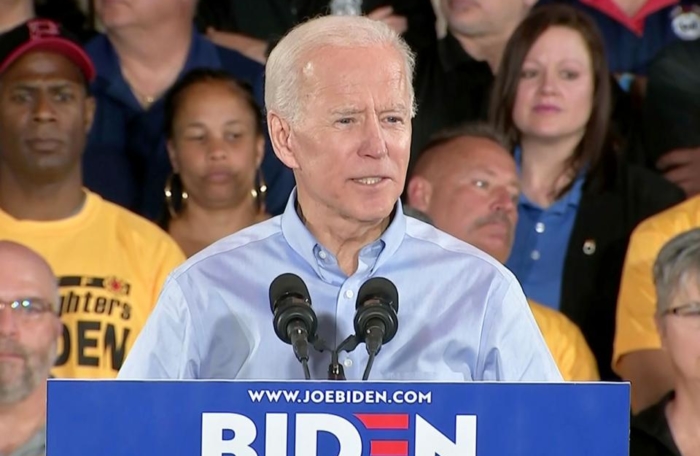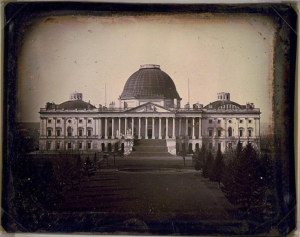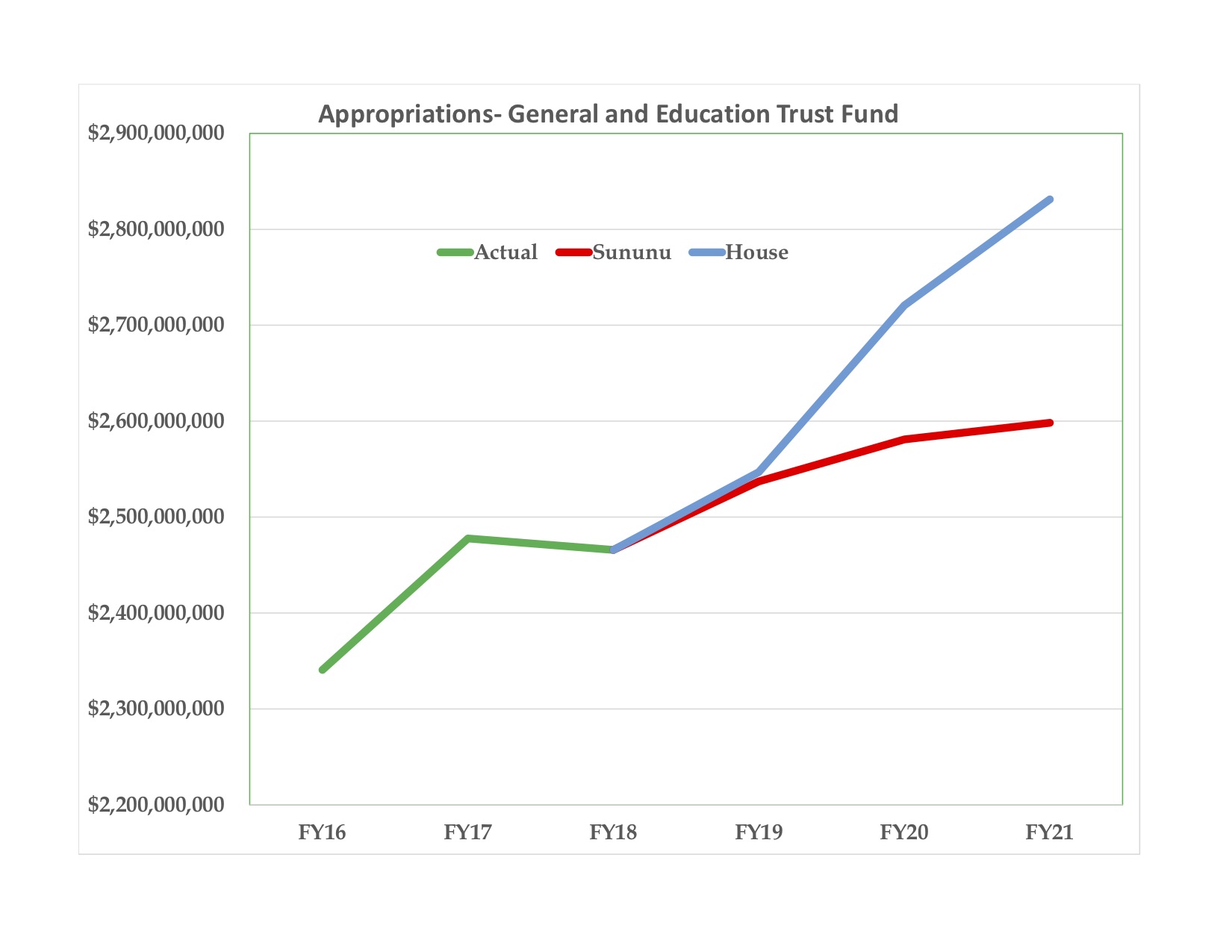After the U.S. Supreme Court ruled last June in South Dakota v. Wayfair that states could collect sales taxes from out-of-state remote sellers, New Hampshire lawmakers chose not to act. Other states did not make the same mistake.
Eleven months after the Wayfair decision, the number of states with laws requiring out-of-state businesses to collect and remit sales taxes has more than doubled to 33, a Bloomberg Tax survey shows.
The number of laws New Hampshire has passed to protect its businesses from these collections remains the same as last year — zero.
Understanding the need for urgency, Gov. Chris Sununu called a special legislative session last July so lawmakers could quickly put some blocking legislation on the books. A majority of legislators opted to wait. A commonly heard reassurance was that we had plenty of time to act because states would respond gradually to the Wayfair decision.
In fact, several states had passed laws authorizing cross-border tax collections before Wayfair, anticipating the ruling. Others wasted no time capitalizing on it, as the Josiah Bartlett Center warned. Why would a state wait a moment longer than necessary to expand its taxing power over people who cannot vote for any of its elected officials?
Now, less than a year after the ruling, two-thirds of the states require businesses to collect and remit sales taxes if they do a specified amount of business in the state.
And that isn’t the only Wayfair-related bad news.
The Suffolk Superior Court in Massachusetts this week dismissed a lawsuit filed by six online retailers challenging that state’s effort to collect taxes on online sales retroactively.
The day before that, the U.S. Supreme Court ruled in Franchise Tax Board of California v. Hyatt that states “retain their sovereign immunity from private suits brought in courts of other States.”
The ruling shields states from suit by private parties in other states. So a New Hampshire seller cannot sue another state in New Hampshire courts to protect itself against a cross-border sales tax collection.
The Hyatt case was brought by a Nevada resident who had fled California’s hight taxes and was pursued by his former state’s tax collector. The Multistate Tax Commission, which promotes and facilitates cross-border tax collections, filed an amicus brief on behalf of the Franchise Tax Board of California. It had previously filed a brief supporting South Dakota’s pursuit of Wayfair. This week’s ruling is generally considered favorable to states that hope to reach into other sovereign states to collect taxes.
As The Wall Street Journal wrote in January, a win for California’s Franchise Tax Board would mean that “governments could bully, extort and defraud residents of other states with legal impunity and no political accountability.”
This is now the law of the land, meaning New Hampshire retailers are increasingly at the mercy of foreign tax collectors.
What has the New Hampshire Legislature done to protect Granite State businesses?
The House Ways and Means Committee retained three bills written to protect business from foreign sales tax collections, refusing to pass them. The Senate did pass Sen. Jeb Bradley’s Senate Bill 242, which is very similar to the bill killed in special session last year. It remains in the House Ways and Means Committee, where it has sat since February 25.












